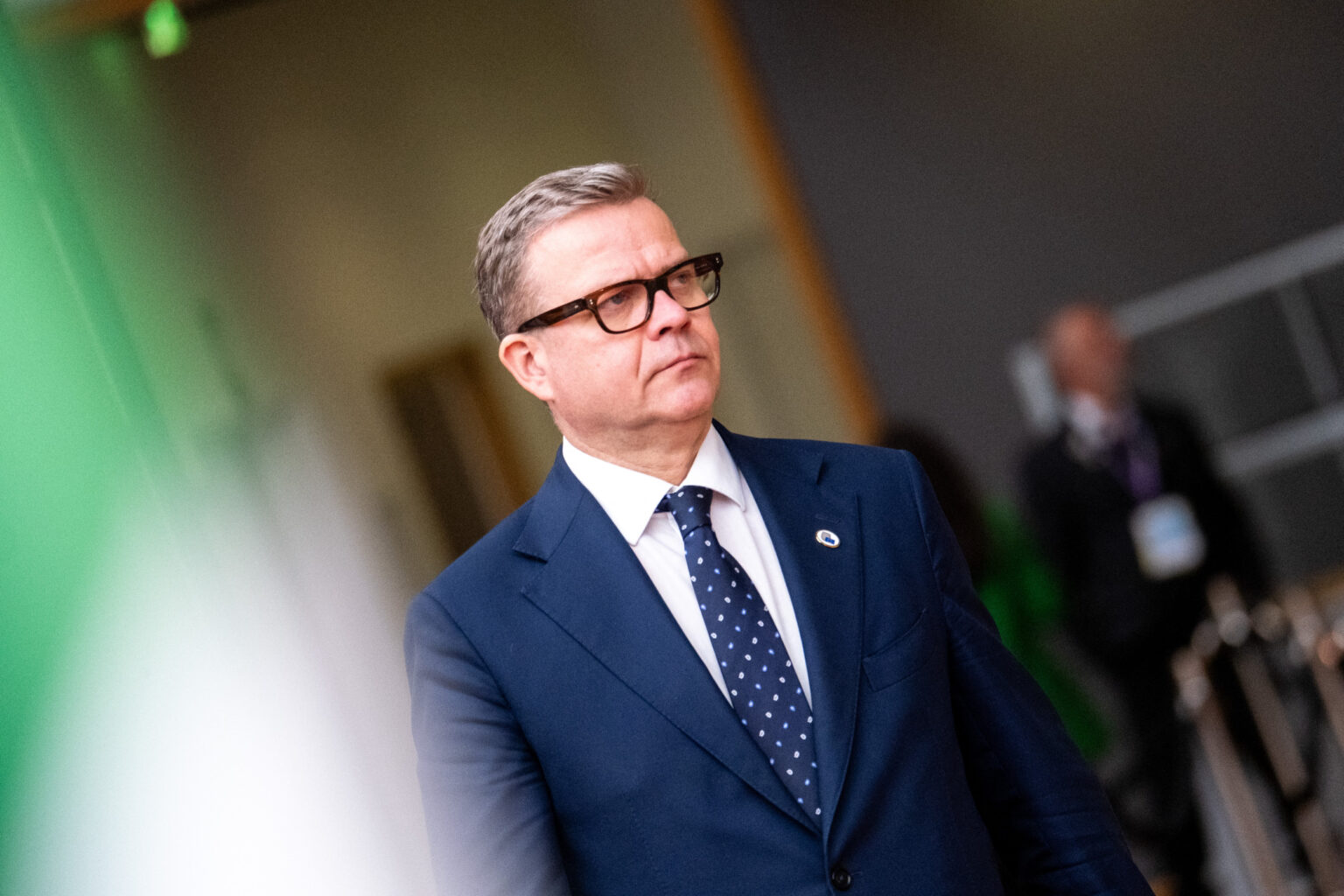Finland has formally notified the United Nations (U.N.) of its intention to withdraw from the Ottawa Convention, which bans the use of antipersonnel land mines, according to Reuters—a move that several European allies have made in the face of Russia’s ongoing aggression in Ukraine.
Newsweek reached out to NATO via email outside of normal business hours on Friday night for comment.
Why It Matters
The move by Finland, a country sharing an 830-mile border with Russia, highlights growing apprehension in Eastern Europe due to the heightened threat of Russian invasion. Finland joined NATO after decades of holding a position of neutrality between the alliance and Russia, but changed course following the invasion of Ukraine.
In a joint statement earlier this year, Poland and the Baltic defense ministers said their decision would send “a clear message: Our countries are prepared and can use every necessary measure to defend our territory and freedom.”
The Ottawa Convention, which took effect in 1999, requires signatory states to ban the use, stockpiling, production and transfer of antipersonnel mines. Finland’s withdrawal was announced as regional partners—including Poland, Estonia, Latvia and Lithuania—also indicated their exit amid fears of Russia’s military actions following its 2022 full-scale invasion of Ukraine.
Last year, international watchdog Landmine Monitor reported that Russia and other countries had actively used land mines in recent conflicts. At least 5,757 people were killed or wounded by the mines and unexploded ordnance in the past year, most of whom were civilians—including significant numbers of children.
What To Know
Finland’s Parliament voted for withdrawal in June and notified U.N. Secretary-General António Guterres of its intent in July, in accordance with treaty provisions, according to Reuters.
Guterres, in a statement to the fifth review of the Mine Ban Treaty, called on states and signatories to “meet their obligations and ensure compliance to the convention, while addressing humanitarian and developmental impacts through financial and technical support.”
Pope Francis, who died in April, had also joined calls for nations to end production and use of land mines, warning of their long-term impact on civilians.
This regional trend gathered pace in March, when Poland and the Baltic states declared their intention to leave the Ottawa Convention due to perceived new threats along NATO’s eastern flank. Poland has proposed turning its border with Russia into a minefield and has begun preparations to produce antipersonnel mines domestically.
Eastern European leaders argue that remaining in the convention is no longer tenable while facing adversaries unconstrained by the treaty. Ukrainian President Volodymyr Zelensky recently signed a decree to withdraw from the treaty as well, citing Russian “armed aggression” as forcing a political reassessment.
What People Are Saying
Polish and Baltic defense ministers in a joint statement issued in March: “With this decision, we are sending a clear message: Our countries are prepared and can use every necessary measure to defend our territory and freedom.”
Guterres in December said: “I call on states parties to meet their obligations and ensure compliance to the convention, while addressing humanitarian and developmental impacts through financial and technical support.
“I also encourage all states that have not yet acceded to the convention to join the 164 that have done so. A world without antipersonnel mines is not just possible. It is within reach.”
What Happens Next
Finland will fully terminate its obligations under the Ottawa Convention after the requisite waiting period. The international community will be monitoring how these policy changes affect military postures across NATO’s eastern flank as the war in Ukraine continues.
This article includes reporting by the Associated Press.
Read the full article here

